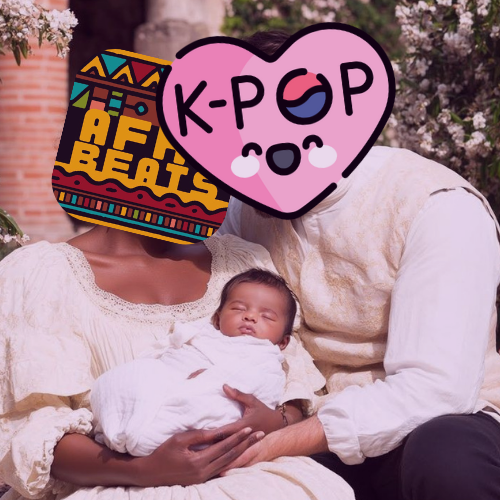Confusing Korean Words Part 2: Same Word, Different Meaning
- byT.Sapphire 💙
- 4 months ago
- 0 Comments
- 3mins

Well, you've made it through the first part of our confusing words in the Korean series, where you learned that one tiny consonant turns your “shoes” into a swear word.

Congratulations, but don't get too excited yet because Korean has another sneaky trick where the same word has completely different meanings depending on the context (common in other languages, too, by the way).
Let's look at a few of these Korean words with the same spelling but different meanings that can easily confuse a Korean language beginner.
배 (bae - stomach / pear / ship)

I have to admit, this may be one of the kings of confusion. Just imagine you are sitting at dinner and someone says, "배 고파요 (bae gopayo)" (I am hungry), and instead of stomach, you interpret it as pear, and you are suddenly looking for fruit. Also, this word can mean "ship" as in the Titanic that ruined a lot. So technically, "배에 배를 먹으면서 배를 탔다 (bae-e baereul meogeumyeonseo baereul tatda)" could mean "I ate a pear on the ship after my stomach was full." Amazing, right?
눈 (nun - eye / snow)
This one? It is somewhat poetic, but still confusing. "눈이 와요 (nuni wayo)" can mean "the snow is falling." With that context, if you didn't know better, you would think it means "the eye is coming?" And I am not sure there’s a proper sentence where eye and snow fit in perfectly, unless someone is trying to throw snow at your eyes.
말 (mal - horse / speech / words)

Here's where you'll really embarrass yourself. Let’s assume you're trying to talk about your "말 (mal)" (words), but someone thinks you're suddenly saying a horse. You will not just be frustrated, but embarrassed. But you have to know that context really does save lives here.
손 (son - hand / grandson)

So, you want to say "손 잡아요 (son jabayo)" (hold my hand), it can sound like "손자 (sonja)" (grandson). All of a sudden, it sounds like you're asking someone to hold your grandchild. Same sound, very differing vibes. But don't worry, Koreans are used to this wordplay; again, just ensure context is on your side and you will be fine.
불 (bul - fire / not)

This one is chaotic. 불 (bul) means fire, like actual flames. But it's also used as the negation prefix, meaning "not." So "불가능 (bulganeung)" = impossible and "불이 나요 (buri nayo)" = there is a fire. You really don't want to mix these up because this one can be a matter of life and death.
장 (jang - chapter / market / intestine)

That little syllable “jang” really works hard here. Depending on the context, 장 (jang) can refer to a book’s “chapter,” a “market," or even “intestine.” Imagine saying to someone, “I’m going to the jang,” and they are unsure if you are going to read, grocery shop, or steal from someone’s intestine (lol.).
And there you have it, the second part of the Korean contradiction. Same words, different meanings, and a massive opportunity to totally say something different from what you meant in case you changed your mind mid-sentence.
Remember that the key is always context!
T.Sapphire 💙
T. sapphire is a writer who found her love for the Hallyu wave after watching the historical drama “Jumong.” She is mainly interested in Korean dramas and the history of Korea at large. Explore her pieces as she takes you on a journey through K-Drama recommendations and keeps you informed about the history of the Korean people.
0 Comment(s)
Related Posts
Daily Newsletter
Get all the top stories from Blogs to keep track.





Leave a comment